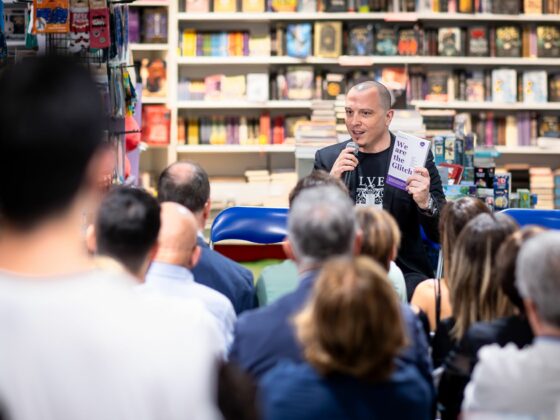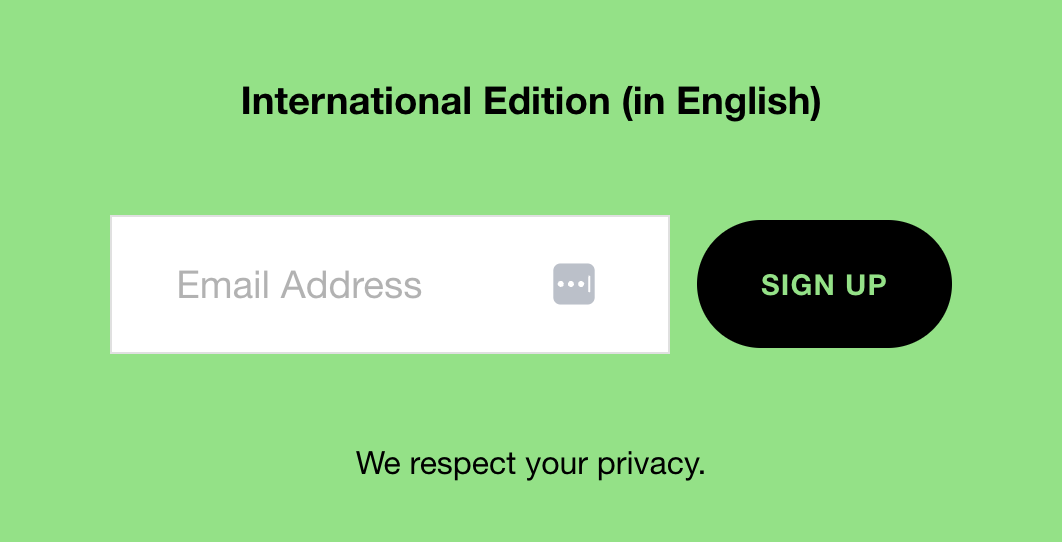Messrs Soler and Loeb ask me to contribute each week with a bit of a rant and rave on a topic. Sometimes these are serious topics. Sometimes tongue in cheek. Often they are intended to stimulate conversation. On occasion I step outside of my brief and highlight something truly joyous. This is one of those weeks.
I speak of real time language translation. There’s something truly profound about seeing the impossible become reality. Of all the dazzling, often overhyped, technological advancements, for me, this one stands apart. The idea of real-time translation over a voice or video call is not just a clever feature; it’s a human triumph. It is the ultimate barrier-breaker, a technology that makes the world smaller and more connected in the most meaningful way possible.
I still remember the feeling of awe when Google first introduced that device—a little box on a desk that could translate a simple two-person conversation. We celebrated it then, and rightly so. It was a tangible step toward a sci-fi future. Now, that technology is integrated into our everyday communication platforms—our phones, our laptops, our video calls. The awkward pauses and stilted exchanges of the past are being replaced by something that approaches a real, fluid conversation.
This is more than just an application of AI; it’s a celebration of human collaboration. The countless engineers, linguists, and researchers who worked for decades on machine translation—from the rule-based systems of the mid-20th century to the neural networks of today—all contributed to this moment. The trillions of data points, conversations and meetings held by Google users. It wasn’t just one company’s breakthrough; it was a collective effort of our species to tear down a wall that has divided us for millennia.
At its heart, this technology is profoundly democratizing. It gives a voice to those who might otherwise be silent. It allows a small business owner in one country to negotiate with a supplier in another without the cost and friction of an interpreter. It enables families to connect across continents and generations, transcending the language gaps that once felt insurmountable. It transforms a simple video call from a transactional event into a genuine human exchange.
We are so often consumed by the ethical debates and the fear of what technology might take away. But this, this is a clear example of what it can give back. It’s not about replacing humans; it’s about empowering them. It’s about fostering connection, understanding, and empathy on a global scale. We should pause and reflect on the magnitude of this accomplishment. It’s a testament to our collective ingenuity and our shared desire to connect with one another.
Life is so tech. And sometimes, it’s a beautiful thing.
Mark Fancourt





